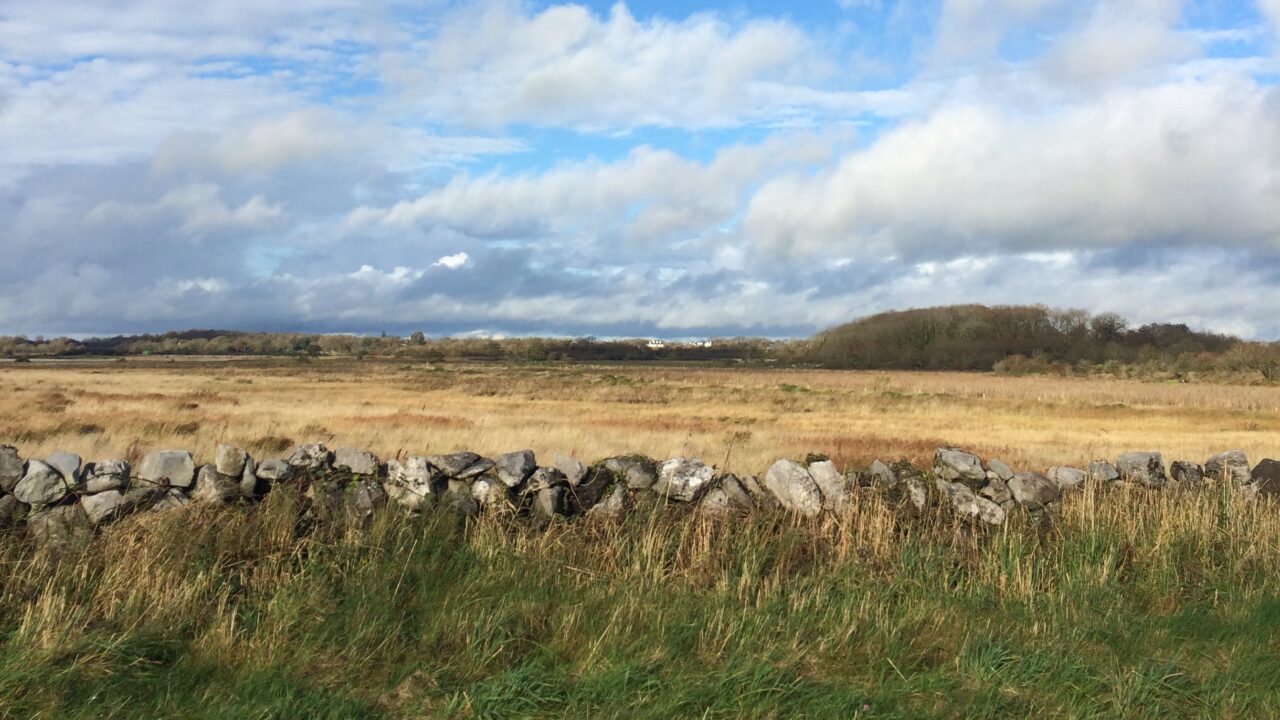The process of formally introducing the Locally-Led Agri-Environment hen harrier measure by amendment to the RDP is expected to conclude early next year, the Minister for Agriculture Simon Coveney said.
Before this can happen, the measure must be designed and then negotiated with the European Commission, the Minister said.
Only one amendment of the RDP is allowed annually, which means that a number of items will be bundled together and presented for approval at the same time, he said.
“The proposed amendment is necessary to get EU approval not alone for the new hen harrier scheme, but also for the various other locally-led schemes that I intend to introduce.
“One of the principles of the planned locally-led measure is to explore new ways of managing farming effort for the benefit of the environment, and in this case for the benefit of the hen harrier.
The Minister said that farmers with hen harrier land already have priority access to the Green Low Carbon Agri-Environment Scheme (GLAS).
I also provided that such farmers would be automatically approved for GLAS Plus, should they be farming sufficient area of habitat.
“I would strongly encourage all farmers with hen harrier land to take up this measure under GLAS, which offers a payment rate of €370/ha.
“Farmers can earn up to €7,000 per annum through a combination of GLAS and GLAS Plus payments and some 1,400 hen harrier farmers have already been approved into the new scheme,” he said.
Farmers with designated land welcome announcement of new hen harrier scheme
The announcement that a new measure for farmers in hen harrier areas is to be developed under the new Locally-Led Agri-Environment Schemes (LLAES) has been welcomed by the Chairman of Irish Farmers with Designated Land (IFDL), Liam O’Keeffe.
He said the move is a very positive development and said that this new scheme will be very valuable to farmers who farm land designated for the protection of the hen harrier.
There will be considerable work to be carried out by the Department in tandem with the farming community to make this a workable, accessible and fair scheme for all affected parties.
“The success of the scheme will obviously hinge on achieving a successful habitat for the hen harrier while simultaneously allowing the farmer to derive a viable income from the designated land which is being farmed.
“The announcement in relation to forestry is particularly welcome. We at IFDL advocate that an appeal system, if put in place, would provide a workable solution to the more severe cases affected by the ban on afforestation,” O’Keeffe said.
